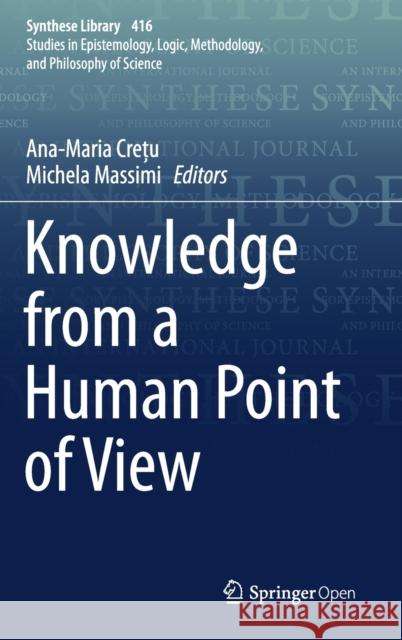Knowledge from a Human Point of View » książka
topmenu
Knowledge from a Human Point of View
ISBN-13: 9783030270407 / Angielski / Twarda / 2019 / 152 str.
Knowledge from a Human Point of View
ISBN-13: 9783030270407 / Angielski / Twarda / 2019 / 152 str.
cena 201,24
(netto: 191,66 VAT: 5%)
Najniższa cena z 30 dni: 192,74
(netto: 191,66 VAT: 5%)
Najniższa cena z 30 dni: 192,74
Termin realizacji zamówienia:
ok. 22 dni roboczych.
ok. 22 dni roboczych.
Darmowa dostawa!
Kategorie BISAC:
Wydawca:
Springer
Seria wydawnicza:
Język:
Angielski
ISBN-13:
9783030270407
Rok wydania:
2019
Wydanie:
2020
Numer serii:
000560157
Ilość stron:
152
Waga:
0.41 kg
Wymiary:
23.39 x 15.6 x 1.12
Oprawa:
Twarda
Wolumenów:
01
Dodatkowe informacje:
Wydanie ilustrowane











